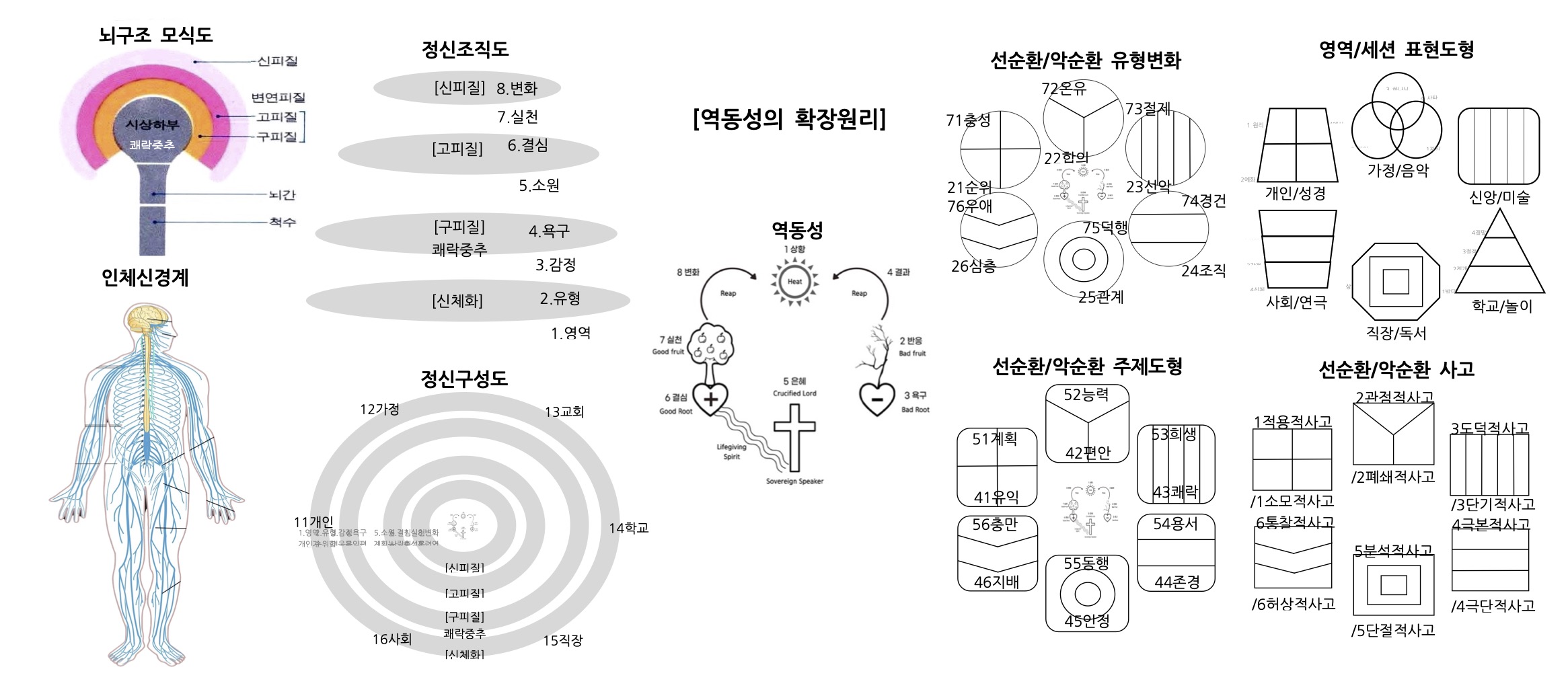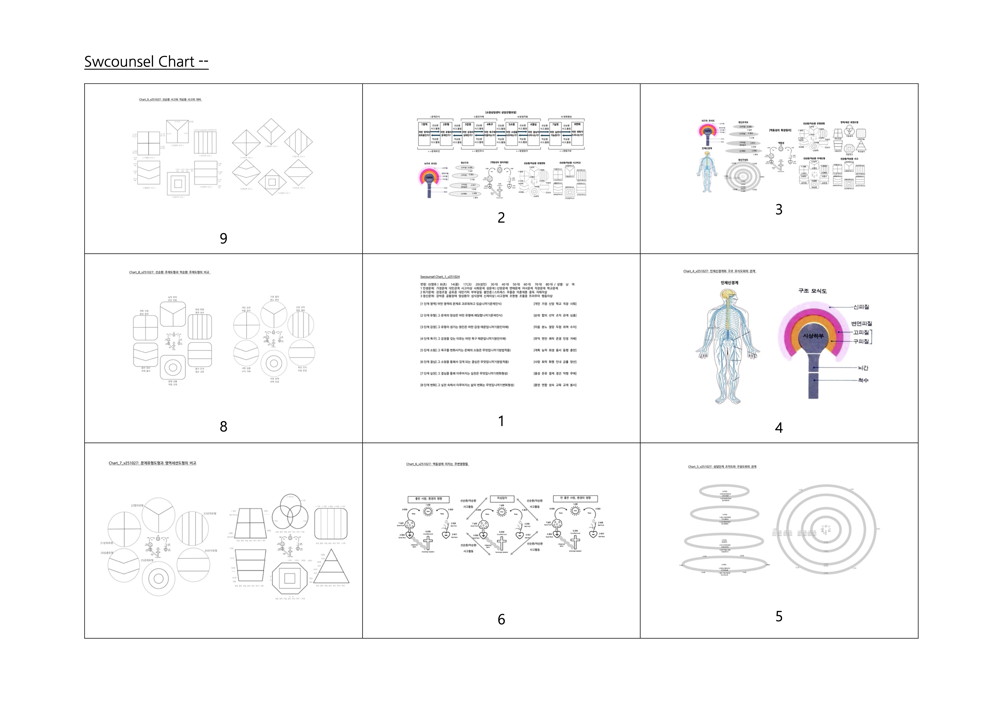Early Christian worship, like Ordo, was a religious act and training of a liturgical caring community that reorganized and organized their own lives through the experience of God's presence. Thus, in the liturgical care community, worship attitudes played an important role in reinforcing faith in all areas of worship. The purpose of this thesis is to understand a biblical and worship theology and concretely present the 'Confessional Yearning', which as the core of 'reinforcing faith by Liturgics' is the worship attitude of the congregation.
As a result of the study, Confessional Yearning is a compound word of spontaneity (confession of faith) and purity (yearning) that sacramentally performed in worship situations. It means that my faith is the earnestness and desire to confess with my whole personality (eg: heart, mind, mouth, etc.), and that Words, Praise, and Prayer based on anamnesis and prolepsis. Therefore, the congregation can participate in the entire worship service by confessing the message of preaching, the lyrics of hymn, and the content of prayer with heart, mind, and mouth in faith. When that happens, this will give the congregation a memory (anamnesis) of the work of the Triune God in all areas of worship . At the same time, this is a foretaste of the heavenly feast (prolepsis) on this earth through faith, so that we can live against this world with the hope of heaven without giving in to disappointment, despair, and setbacks.
In other words, this Confessional Yearning experiences the healing and restoration of Jesus Christ who is present in the experience of God's presence. At the same time, it provides both a place to hope for heaven in faith and a foretaste of the peace and rest that comes from it. Therefore, the worship attitude of 'Confessional Yearning' plays the role of a liturgical ritual in which sinful human beings meet God through the sacramental story of God's salvation (eg: anamnesis and prolepsis), and this reinforces the faith of the congregation.
 박인혜상담사
박인혜상담사

 KCI
KCI eArticle
eArticle









